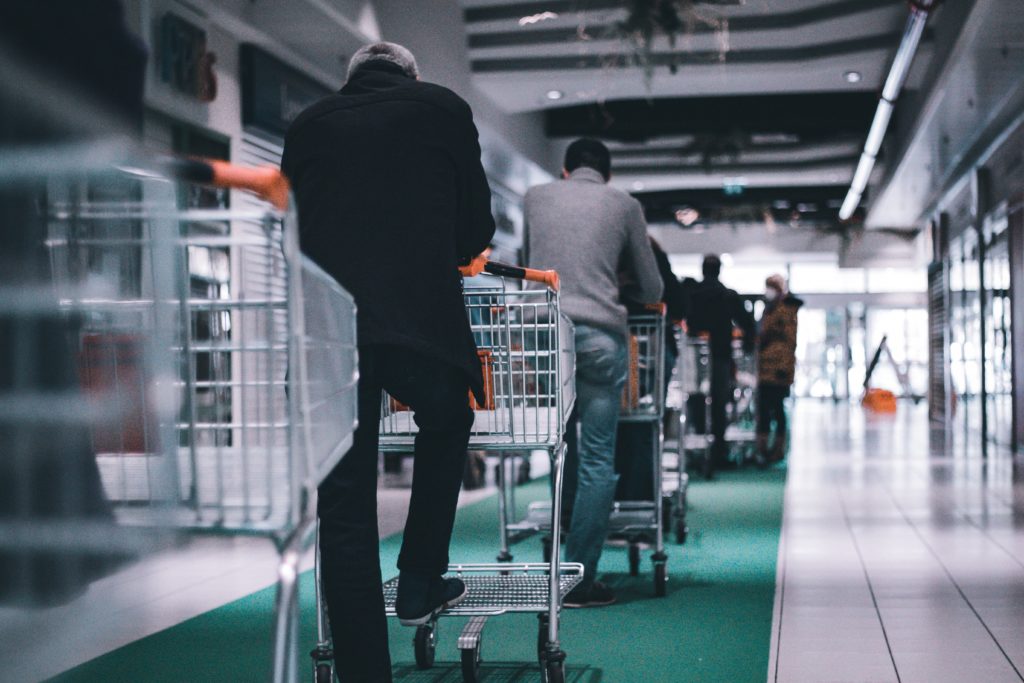Although a few states are loosening restrictions, companies are holding off on opening in full right away.
WASHINGTON—After more than a month of stay-at-home directives, states are deliberating how to phase back into normal life. Many like Colorado, Georgia, Ohio and Texas are beginning to re-open, while others are holding off until next month or later.
The Trump Administration’s three-phase plan for reopening the country leaves most decisions to governors. Although epidemiologists say a state’s number of new cases should fall below a certain level before easing restrictions, a national threshold hasn’t been set, leaving a question mark over when it’s safe to go back to normal, the Wall Street Journal reports.
That would be even more detrimental to our society and our economy if we have to keep yo-yoing back and forth.“We don’t want to open things up, have a huge surge in cases and have to lock everything down again,” Crystal Watson, a Johns Hopkins Center for Health Security senior scholar, told the Journal. “That would be even more detrimental to our society and our economy if we have to keep yo-yoing back and forth.”
This leaves nonessential businesses and retail establishments at a critical impasse. Despite the opportunity to re-open, many big chains like Macy’s, Gap and TGI Fridays are holding off in Georgia and South Carolina. Many cite uncertain customer demand along with health concerns, with the risk of community health and their brand image, now definitively linked to their commitment to safety, on the line. What’s more, national retailers would need to re-staff their stores and increase in-store cleaning procedures while they wait for shoppers to return in pre-crisis numbers.
“Customers are going to be demanding not just assumptions of safety but visible steps and measures that companies are taking on behalf of their employees and on behalf of their customers,” Chloe Demrovsky, CEO of Disaster Recovery Institute International, told CNBC.
McDonald’s executives plan to talk to franchisees about re-opening dining rooms, company officials told the Journal. Best Buy and Starbucks have chosen to maintain curbside pickup and drive-thru options, rather than immediately reopening in full. Other retailers are opening and doing everything to reassure customers that all safety measures are in place. In South Carolina, for example, stores are advised to operate at 20% of the normal space capacity, or five people per 1,000 square feet, but local officials can set different limits.
For businesses that re-open, temperature checks at doors, continued adherence to social distancing, and face masks and gloves for employees and shoppers will be common. Restaurants in particular will be making visible changes, Demrovsky told CNBC. She said some may install plexiglass barriers and switch to disposable eating utensils—as convenience stores have done. Businesses looking to re-open can draw from the lessons of essential businesses such as grocery stores and convenience stores, she said.

